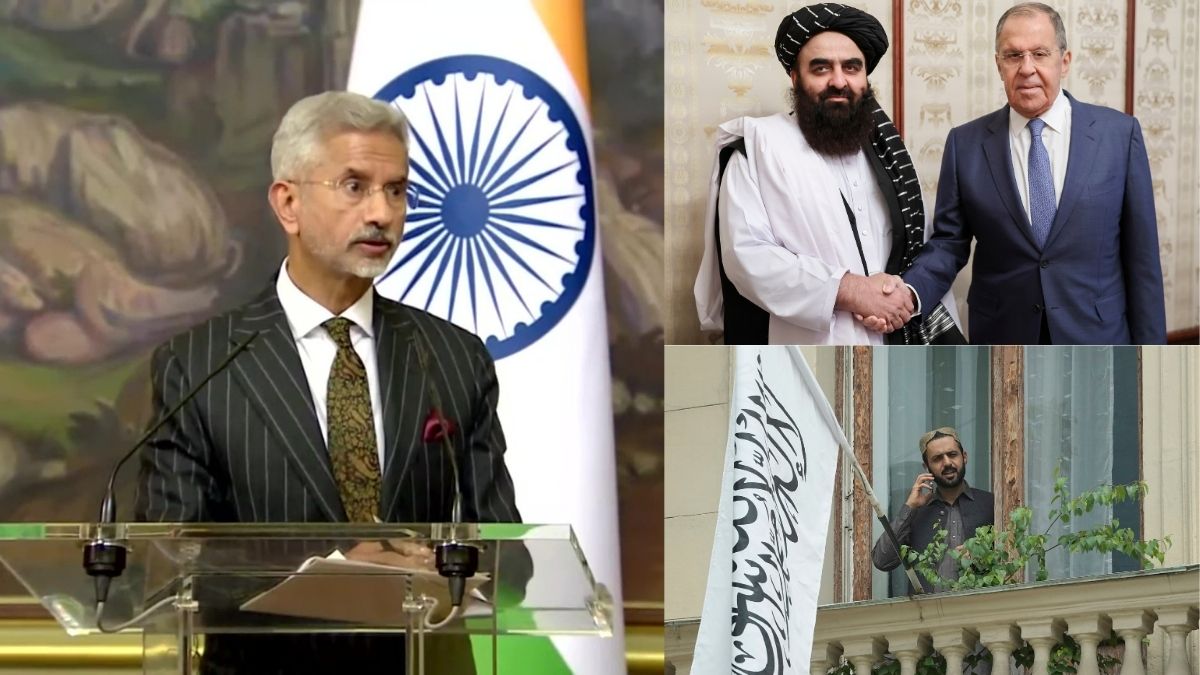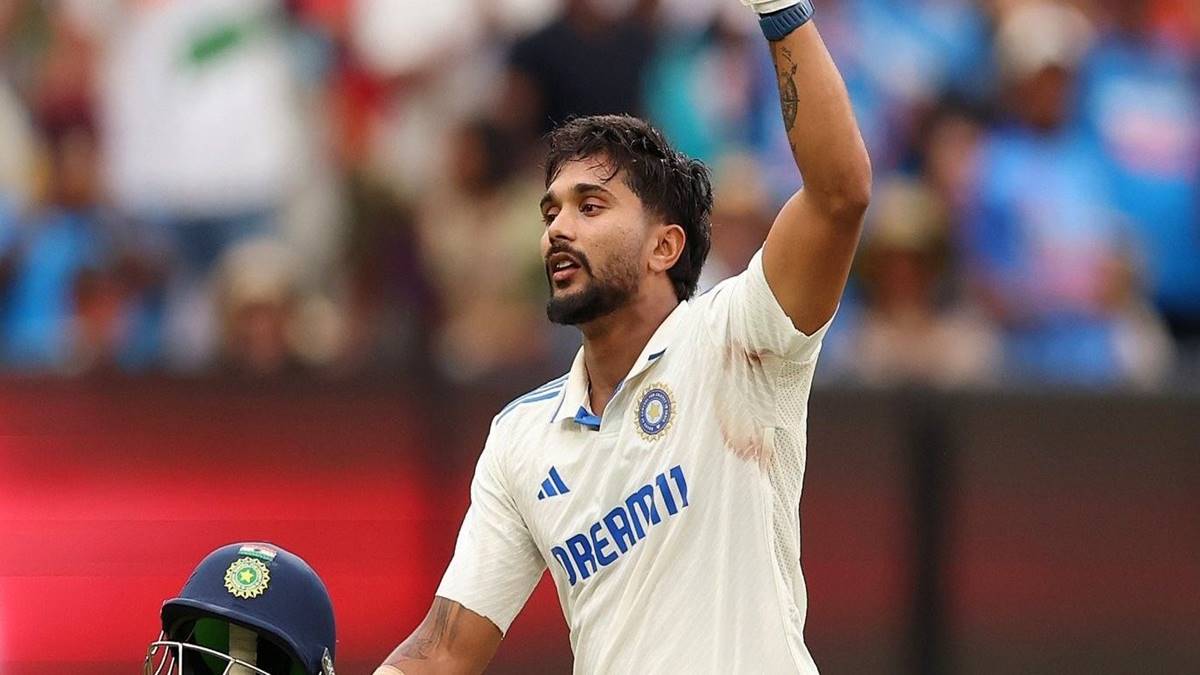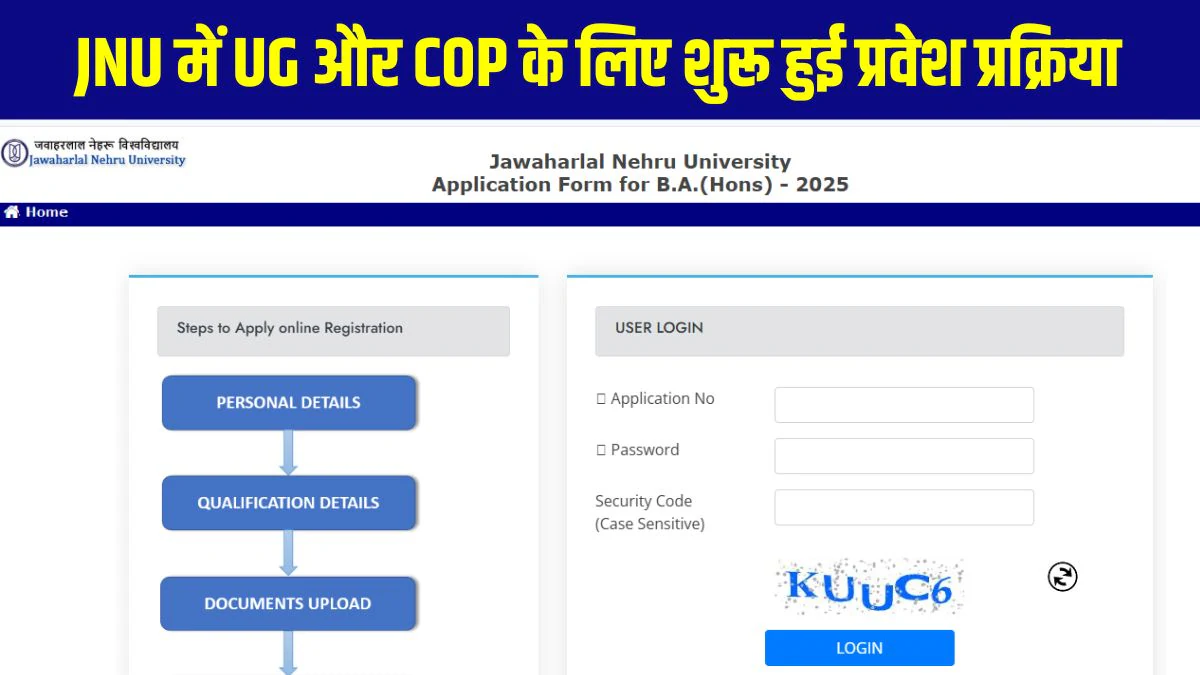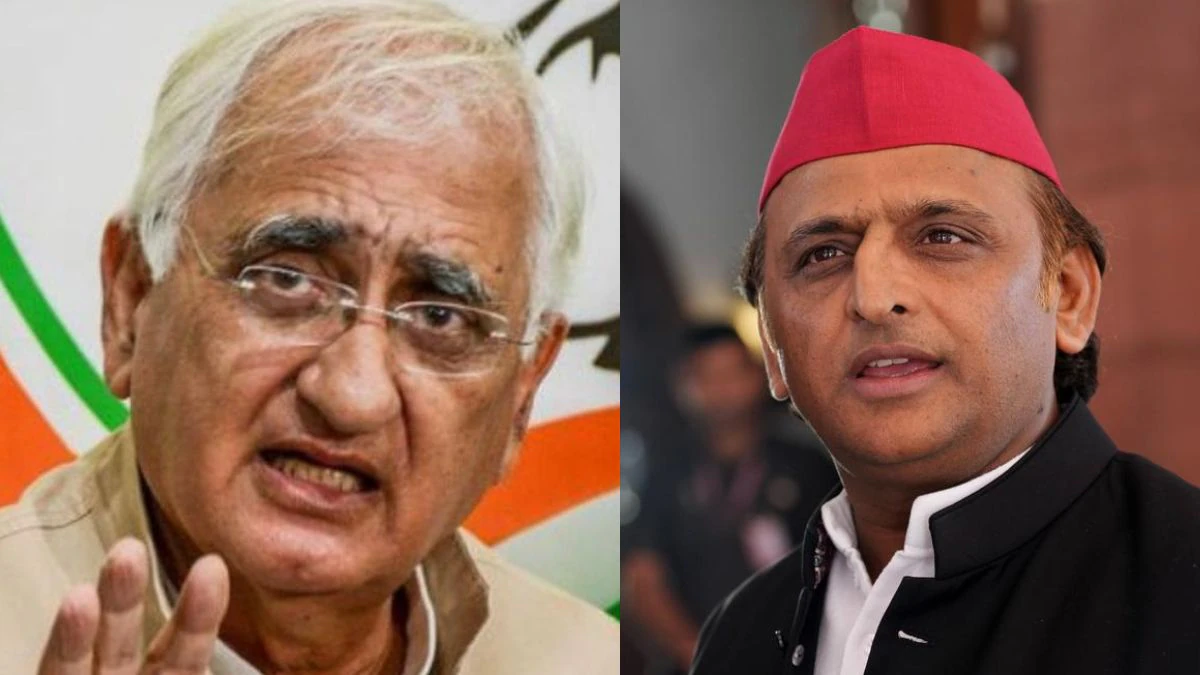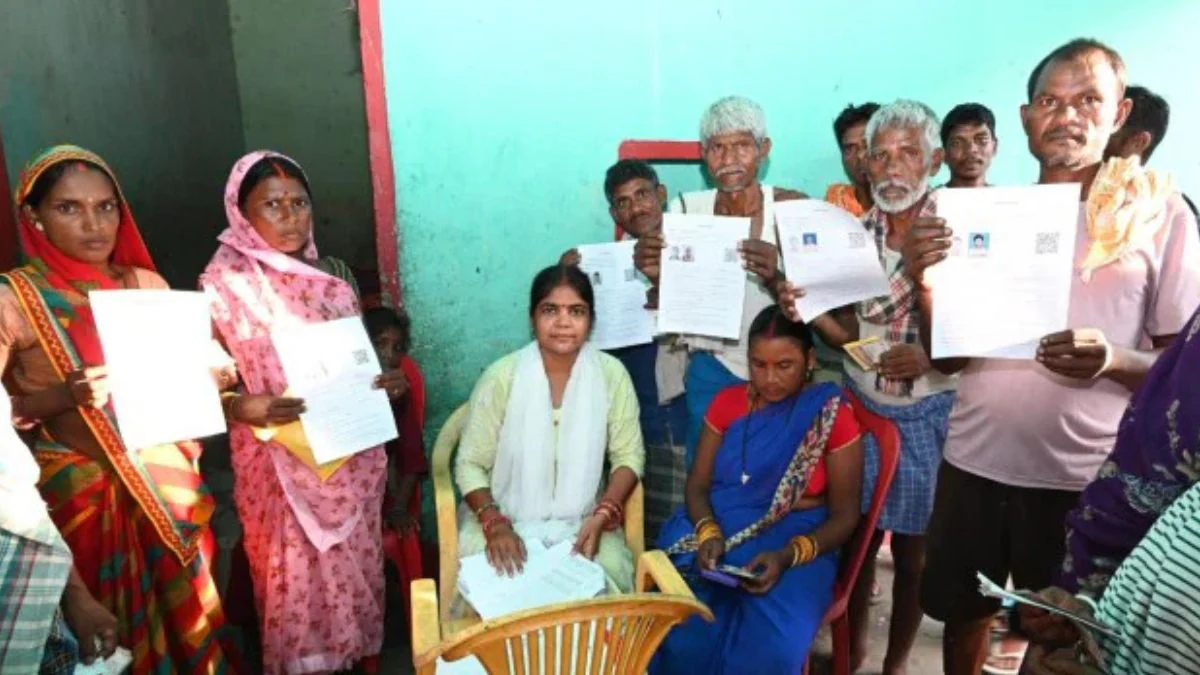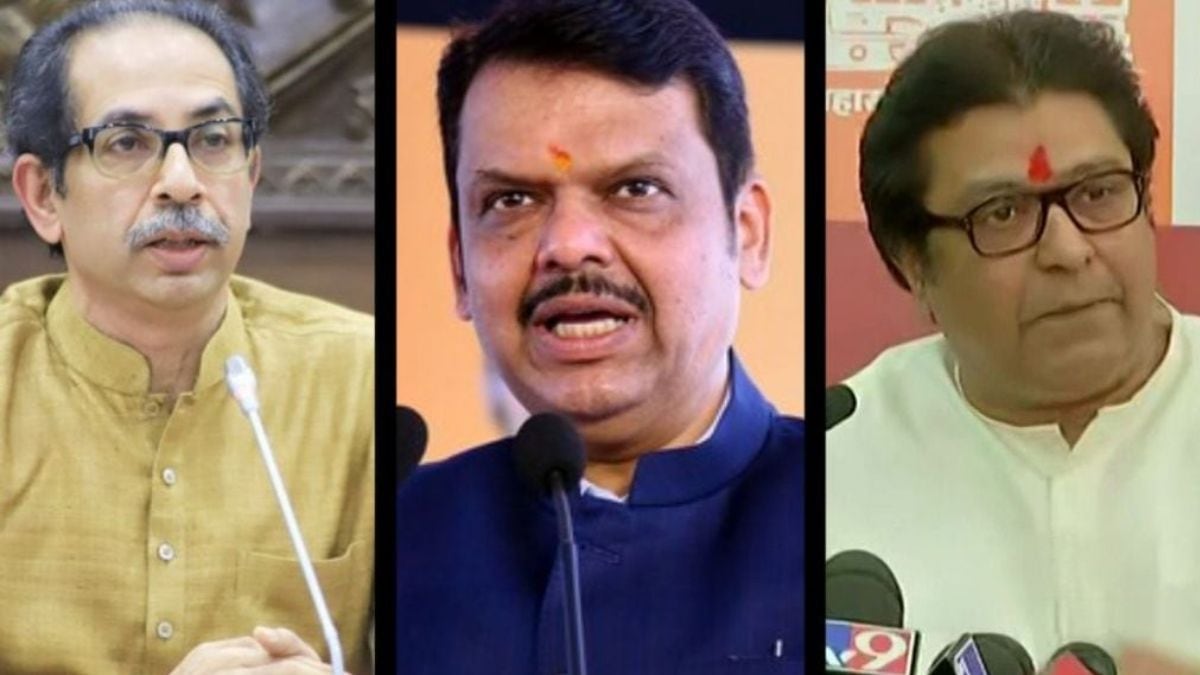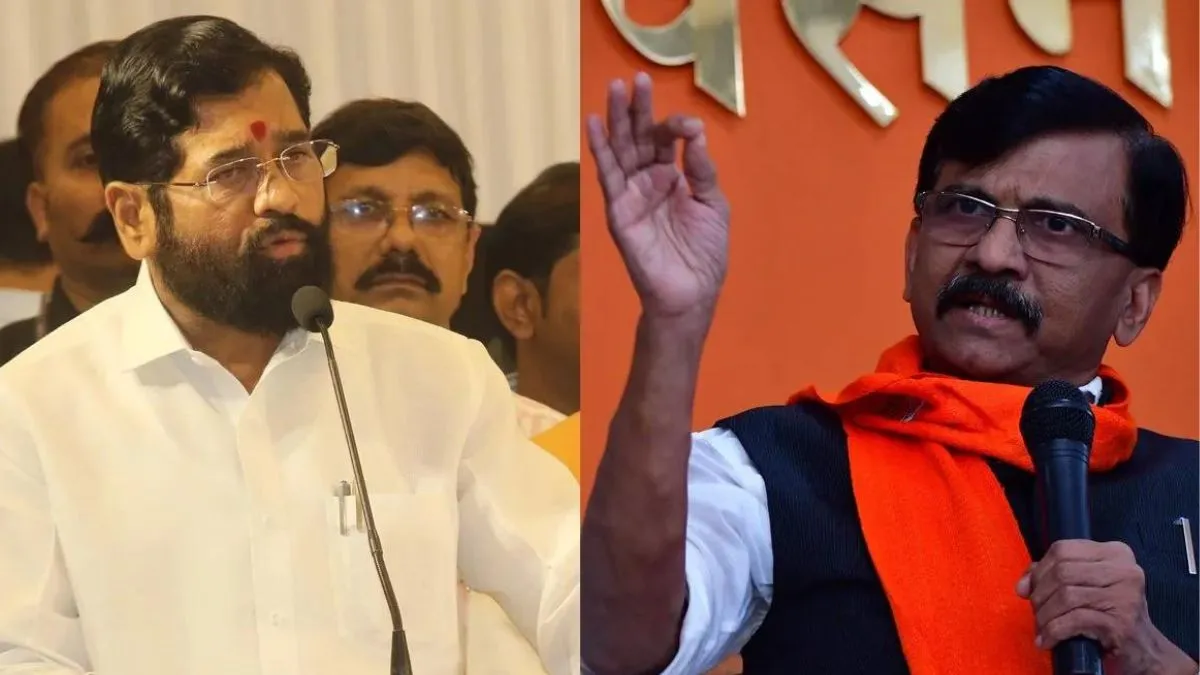On Monday, thousands of investors in Mumbai and its adjoining areas woke up to the devastating realization that they had been swindled out of their hard-earned money. Lured by promises of astronomical returns, they fell victim to an elaborate investment fraud. This financial disaster could potentially have been averted if the Intelligence Unit of the Mumbai Police’s Economic Offences Wing (EOW) had still been operational.
The now-defunct unit, which was disbanded four years ago, was specifically tasked with gathering intelligence on individuals and schemes targeting gullible investors with promises of high returns. However, in its absence, there has been no dedicated mechanism to monitor or pre-empt such fraudulent activities.
This lack of oversight created a fertile ground for foreign nationals, including those behind the Torres scam, to establish operations in Mumbai, offer unprecedented financial returns, and dupe unsuspecting investors—all without the police having any prior knowledge or intelligence about the scheme.
The current embarrassment faced by the Mumbai Police is attributed to its 2020 decision to dissolve the Economic Offences Wing’s (EOW) Intelligence Unit, following corruption allegations. Since its disbandment, the EOW has lacked a dedicated mechanism to gather intelligence on large-scale financial crimes and investment frauds.
Former Police Commissioner Sanjay Barve who once called EOW the “settlement branch” believed that the Intelligence Unit, under the then Deputy Commissioner (DCP) of EOW, had been assigned more investigative cases than it was designed to handle. Despite the unit’s primary mandate being the gathering of intelligence, not conducting investigations, Barve raised concerns about the overreach.
Additionally, amid corruption allegations against some officers, Barve decided that the Intelligence Unit was no longer necessary. At his direction, and under the tenure of then Joint Commissioner, the unit was dissolved. Its officers were reassigned to the newly created General Cheating Unit-4, while intelligence gathering was relegated to a nominal role under the reader to the Joint Commissioner, sources within the police said.
The Intelligence Unit (Unit-9) of the Mumbai Police’s Economic Offences Wing (EOW) has been operational since the formation of the EOW, originally under the Mumbai crime branch. According to a former EOW officer, the unit consisted of a team of four to six highly trained and well-informed officers, supported by a group of tech-savvy constables. These officers underwent regular training by industry experts to enhance their ability to gather intelligence on economic offences.
A police officer explained to The Indian Express that the unit’s primary role was to collect and analyze information related to financial crimes. According to the Mumbai Police’s duty manual, the Intelligence Unit coordinated with the Fraud and Recovery Intelligence, Risk Containment Units, and Vigilance Units of major financial institutions, including the RBI and commercial banks.
Through collaboration with these vigilance units, the Intelligence Unit was able to advise organizations on preventive measures against fraud and gather advance information on suspicious transactions. This early-warning system allowed the police to monitor potentially fraudulent activities before they could escalate.
Additionally, the unit was tasked with identifying suspect advertisements promoting easy loans, high-return schemes, or similar red flags indicative of financial fraud.
Once intelligence was collected, it was passed on to the EOW chief, who would initiate appropriate action. The unit’s primary focus was to prevent large-scale financial frauds before they could affect the public. Using verified intelligence, the EOW would often take suo-motu action or forward the information to other relevant agencies, enabling preventive measures under laws like the Banning of Unregulated Deposit Schemes Act, The Chit Funds Act, The Maharashtra Protection of Interests of Depositors Act, and The Prize Chits and Money Circulation Schemes (Banning) Act.
Although subsequent officials recognized the need to revive the unit, the decision was never pursued by higher authorities. Police sources within the Economic Offences Wing (EOW) argue that dissolving such an essential unit over corruption allegations was a poor choice. They contend that there are alternative measures, such as transferring or disciplining the rogue officers, rather than dismantling an entire unit that had a critical role in addressing rising financial crimes.
Former Maharashtra DGP Pravin Dixit stressed the importance of intelligence gathering in policing, emphasising that preventing crime should be a priority. “An important unit should not be disbanded simply because of allegations against a few officers,” Dixit said. “The department head has other means to address issues with individual officers. The focus should be on tackling the rogue elements, not on discontinuing a crucial unit.”
Dixit also highlighted that the Mumbai Police needs a dedicated intelligence unit for financial crimes, noting that more precise intelligence leads to more effective actions.
Former IPS officer Y.P. Singh echoed this sentiment, pointing out that while the central government’s Economic Intelligence Bureau provides valuable support, it is essential for Mumbai to have its own specialized unit. “Under the Code of Criminal Procedure, it is as much the duty of the police to prevent crime as it is to detect and investigate it. For effective policing, an economic intelligence unit at the Mumbai Police level is vital,” said Singh.
Stay informed with access to our award-winning journalism.
Avoid misinformation with trusted, accurate reporting.
Make smarter decisions with insights that matter.



